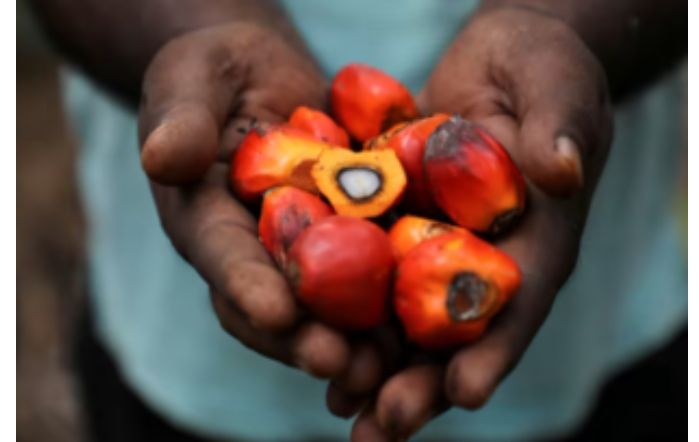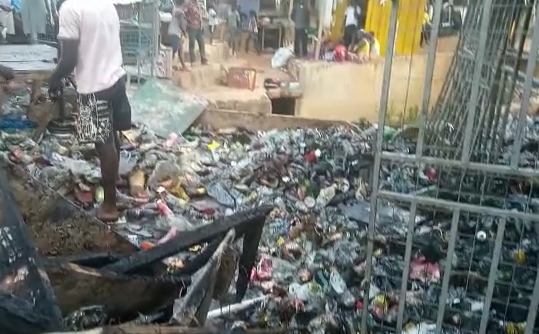Malaysia says EU deforestation rule hurts its small farmers

KUALA LUMPUR — Malaysia’s Deputy Prime Minister Fadillah Yusof on Thursday said the European Union’s Deforestation Regulation was biased against small-scale producers of palm oil in Malaysia and called on the EU to end its “discrimination” against them.
“Small farmers depend on the export of palm oil, rubber, and other agricultural commodities to support their families,” Fadillah said in a statement released Thursday in support of a group representing such farmers, which handed a petition to the Delegation of the EU to Malaysia a day earlier.
Fadillah also stated the regulation presents a significant stumbling block for small farmers seeking access to the European market, and warned that it may reduce household incomes, increase poverty and harm rural communities. Fadillah is currently chair of the Council of Palm Oil-Producing Countries.
The EU’s Deforestation Regulation, which passed on Dec. 6 last year, aims to prevent goods selling in the EU from contributing to deforestation and forest degradation after Dec. 31, 2020.
Under the new regulation, all companies involved in the trade of palm oil, cattle, soy, coffee, cocoa, timber, rubber and their byproducts must adhere to strict due diligence requirements when exporting to or selling within the EU. The regulation is expected to take effect by the end of this year.
Indonesia and Malaysia are the world’s largest exporters of palm oil, accounting for more than 85% of total production.
The EU is Malaysia’s third-largest importer of palm oil, according to the Malaysian Palm Oil Council. In 2022 the European bloc imported a total of 1.47 million tons of oil worth 8 billion ringgit ($1.8 billion).
On Wednesday, Michalis Rokas, the EU’s ambassador to Malaysia, met with representatives of the small farmers, who handed the petition to the EU on behalf of 2.5 million small-scale Malaysian palm oil producers.
They demanded the EU roll back the rule, which they said targeted non-European small farmers. They also called for the removal of “high-risk” labeling and asked that the Malaysian Sustainable Palm Oil certification scheme be recognized.
“I explained why, contrary to what is often reported in the media, the new EU rules will not affect exports of relevant commodities from Malaysia to the EU as long as they come from areas not deforested after December 31, 2020,” Rokas said on Twitter on Wednesday.
He reiterated that Malaysia has already introduced systems to prevent deforestation and to ensure traceability in a way that does not impose extra costs on smallholders. Rokas has previously stated that the EU will not impose a ban on palm oil imports.
In 2021, Malaysia filed a complaint with the World Trade Organization against the EU regarding regulations and measures adopted by the EU and its member states affecting palm oil and palm crop-based biofuels.





